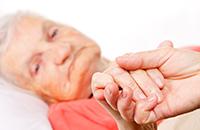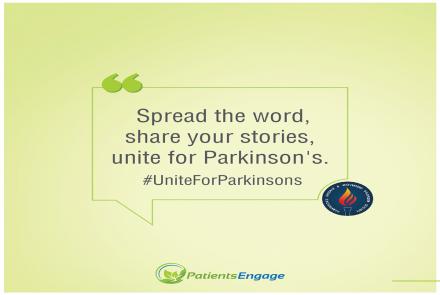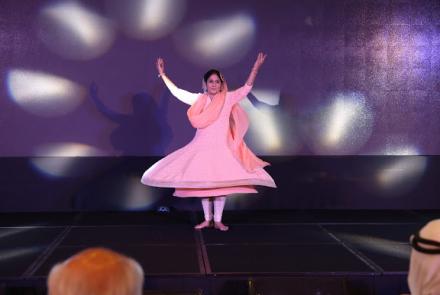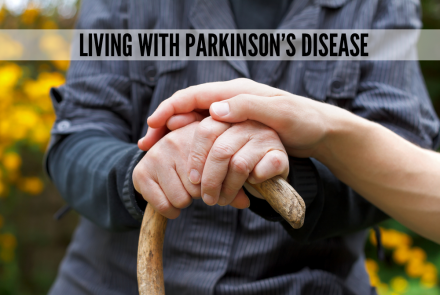
1. Myth: Parkinson’s is contagious.
Reality: Parkinson’s is a neurological (occurring in the brain) condition which is not contagious and cannot be passed on from one person to the other.
2. Myth: All people with Parkinson’s have tremors.
Reality: Although tremor is the most widely recognized symptom of Parkinson’s, not all people who have Parkinson’s have tremors. Parkinson’s may manifest with a variety of other symptoms too. http://www.patientsengage.com/conditions/parkinson-disease/signs-symptoms
3. Myth: Tremor is seen only in people with Parkinson’s.
Reality: While tremor is a common symptom of Parkinson’s, tremors can be caused by many other conditions as well. A neurologist will help you identify the cause of the tremor.
4. Myth: Parkinson’s is only a movement related disorder.
Reality: Parkinson’s affects many areas of the brain and it has a large number of symptoms that are not related to movement alone. These are called non-motor symptoms and include difficulty swallowing difficulties, constipation, cognitive difficulties, loss of smell, sleep disturbances, sweating, sexual disturbances, impulse control difficulties, fatigue, pain, anxiety and depression.
5. Myth: Parkinson’s affects only older people.
Reality: A majority of people with Parkinson’s develop the condition after the age of 60. However, Parkinson’s can also occur in younger people.
6. Myth: Parkinson’s is a result of past sins or karma
Reality: Parkinson’s is not the result of karma or past sins. Parkinson’s is caused by a lack of Dopamine production in the brain.
7. Myth: Parkinson’s is a genetic condition.
Reality: The cause of Parkinson’s is not yet known. There are many factors that contribute to the development of Parkinson’s including environmental and genetic factors. It is extremely rare for a person to have Parkinson’s due to hereditary factors, it has been found in only 4-5% of the people with Parkinson’s.
8. Myth: Parkinson’s can be cured.
Reality: Currently, there is no cure for Parkinson’s. This is because the cause of Parkinson’s is still not known. However, there are various treatment options available that will help to manage your symptoms and slow the progression of Parkinson’s. However, there is research being conducted to find out the cause of Parkinson’s as well as a cure for it.
9. Myth: Medication is the only treatment.
Reality: While medications are important to help control the symptoms of Parkinson’s, a combination of medications and other therapies is the best treatment for management of your symptoms. The other forms of therapy that are useful to help control the symptoms of Parkinson’s are physiotherapy, speech therapy, occupational therapy, yoga, counseling, cognitive rehabilitation, dance therapy and many others.
10. Myth: There is not much that can be done to help a person with Parkinson’s.
Reality: There are many effective ways to deal with the symptoms of Parkinson’s. There are many resources available for people with Parkinson’s and their families – to help them understand the condition, cope with it and manage their lifestyle. You can get information from the internet, books etc.
Attending support groups and physiotherapy sessions will also be beneficial to those who have Parkinson’s as they can get information about Parkinson’s from these groups as well as get to meet other people with Parkinson’s.
11. Myth: People with Parkinson’s cannot live independent and productive lives.
Reality: With medication, regular exercise and a healthy diet, many people with Parkinson’s can live on their own and can be as productive as others.
12. Myth: Parkinson’s is fatal.
Reality: Parkinson’s is not a fatal condition.
13. Myth: I am responsible for Parkinson’s and I could have done something to prevent it.
Reality: Please remember that no one is responsible for acquiring Parkinson’s. It is a neurological condition which could affect anyone; therefore nobody can be blamed.
















